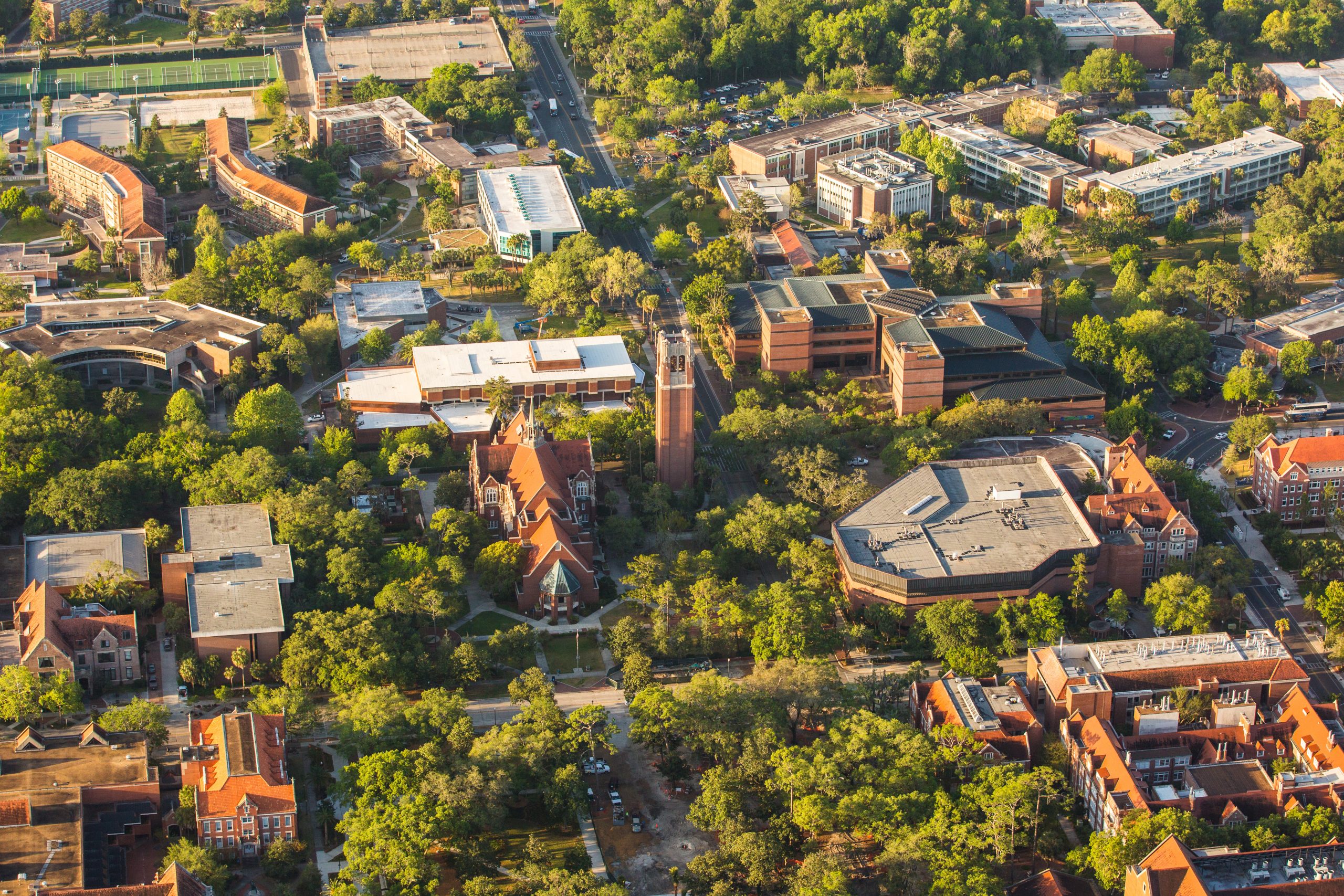
Recombinant & Synthetic Nucleic Acids
Research projects utilizing recombinant/synthetic nucleic acids, infectious biological agents and acute biological toxins must be registered through the Gator TRACS Biohazard Project Registration module. The Institutional Biosafety Committee (IBC) is responsible for compliance with the NIH Guidelines for Research Involving Recombinant or Synthetic Nucleic Acid Molecules (NIH Guidelines).
Common activities performed on campus that are subject to the NIH Guidelines include, but are not limited to, the following:
- Creation of transgenic animals/plants (including the use of CRISPR/Cas technology to create knock-out or knock-in animals/plants)
- Experiments with recombinant DNA in animals (transgenic or otherwise)
- Recombinant manipulation of Risk Group 2 or 3 (RG2 or RG3) agents or transfer of DNA from RG2 or RG3 agents into nonpathogenic prokaryotes or lower eukaryotic host-vector systems
- Transduction of cells in vitro with viral vectors OR transfer of vector-transduced cells into animals.
Please note that this is NOT an exhaustive list of activities subject to the NIH Guidelines. The Biosafety Office should be consulted if there is any doubt as to whether experiments are exempt from registration.
For information on how to register a project, please visit the Biohazard Project Registration page.
